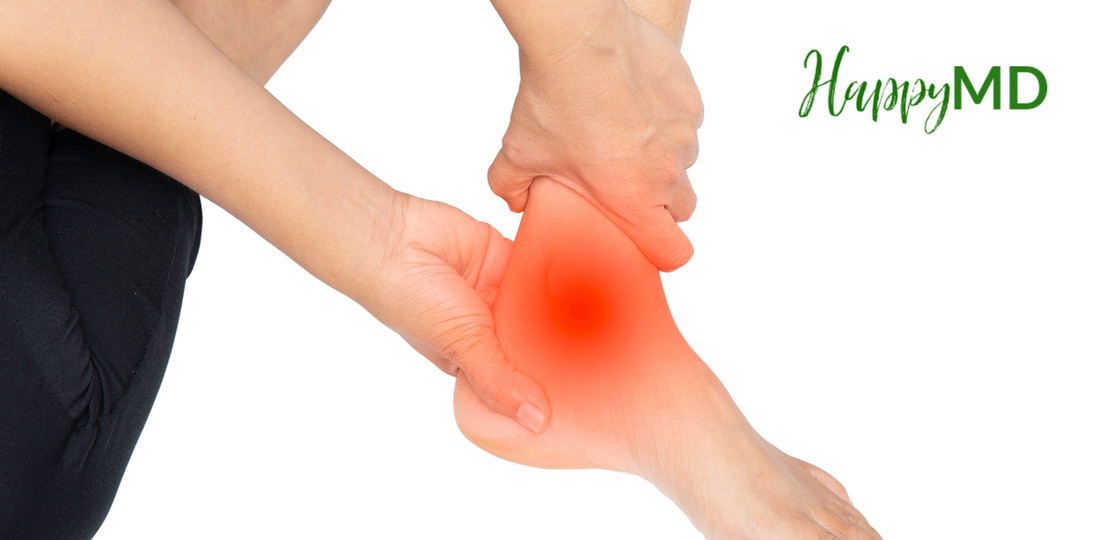
Explore Neuropathy – Medical Marijuana Research Overview
This article is meant for study purposes only. Medical Marijuana Inc. provides this information to assist people in knowing the prospective cannabidiol purposes. Third party websites do not have any authorization from these organizations by Medical Marijuana Inc. and no inference will be considered.
We can define neuropathy as the injuring of automatic nerves, sensory or motor nerves that happens for a primary reason. Research conducted has shown that marijuana can successfully halt neuropathic pain.

Neuropathy Outline
Neuropathy or peripheral neuropathy, is known to be a condition whereby the damaging of nerves occurs. This triggers weakness, pain, and numbness. Actually, diabetes mellitus is what commonly triggers neuropathy. This condition can also be triggered by inherited disorders, alcoholism, infections, tumors, traumatic injuries, infections, autoimmune ailments, and medications.
Generally, the signs and symptoms linked with neuropathy depend on which nerves have been damaged. One can experience a severe pain when the sensory nerve is damaged, as it is the one responsible of receiving sensations. When motor nerves, responsible of controlling the muscle movements, are damaged, one gets weak and develops difficulty in coordination. When the autonomic nerve that is responsible for regulating digestion, heart rate, and blood pressure is damaged, one does experience heat prejudice, changes in blood pressure, bladder and bowel issues, and digestive problems. It is also revealed that neuropathy can increase infection risk and skin trauma, as one will not be able to feel pain or temperature changes.
To treat neuropathy, one needs to focus on the fundamental condition that is triggering neuropathy, and alleviate symptoms. The use of drugs generally is for controlling pain. TENS (Transcutaneous electrical nerve stimulation), intravenous immune globulin, physical therapy, and exchange of plasma, can help in alleviating these signs and symptoms.
Results of Cannabis effects on Neuropathy
Neuropathic pain has been seen to be effectively reduced by the use of marijuana. There are two main cannabinoids that are found in marijuana, namely: CBD (cannabidiol) and THC (tetradrocannabinol). These two cannabinoids are responsible for activating the two cannabinoid receptors that are: CB1 and CB2. The receptors are found at the endocannabinoid system, which is located inside the body. The work of these two receptors is to control the discharge of the immune cells of the central nervous system and the neurotransmitter, so as to regulate the pain levels.
Various studies indicate that marijuana has the capacity to significantly lower the pain in patients who experience neuropathic conditions, and for whom other forms of treatment have proved to be futile. Cannabis has been proved to particularly decrease neuropathic pain triggered by diabetes. Patients suffering from central neuropathic and multiple sclerosis pain will have pain alleviation together with restrained undesirable effects after using CBD and THC as treatment for at least 2 years. It was seen that the pain of cancer patients was drastically relieved when they used CBD. The patients never experienced adverse chemotherapy efficiency or withdrawal of the nervous system function. In a particular study, 94% of the patients who tested HIV positive experienced a muscle pain improvement, while 90% reported nerve pain improvement after taking marijuana. Another study conducted, revealed that 12 out of 15 patients with chronic pain who smoked marijuana for therapeutic measures experienced pain improvement.
Due to its efficiency in relieving pain, marijuana has become the preferred option for patients with chronic pain conditions. The good news is that there are no negative effects that result from a prolonged use of marijuana. Normally, when used frequently in a year, patients experiencing chronic pain are not at a place of facing severe adverse effects.
HappyMD offers reliable telemedicine services and evaluations for the medical marijuana card. Telehealth allows you to have an online video conversation or call with a state-approved and qualified physician using a tablet, computer, or smartphone. You can start the evaluation now by scheduling the online evaluation today!


.png)